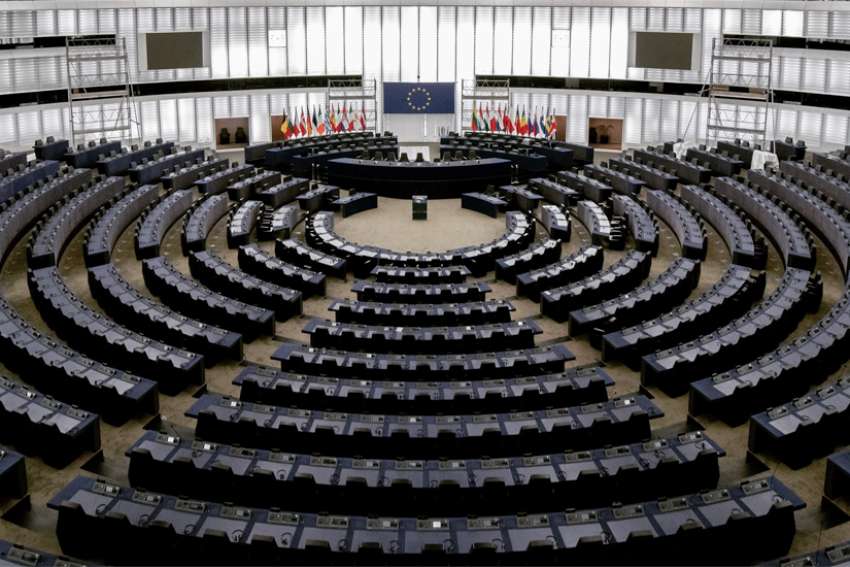One positive step was taken May 29 with a United Nations resolution to make Aug. 22 the International Day Commemorating the Victims of Acts of Violence Based on Religion or Belief, said the Brussels-based editor of Aid to the Church in Need’s Religious Freedom in the World Report.
Ewelina Ochab, a Polish lawyer, author and religious freedom advocate, initiated the process leading to the UN resolution.
Szymanski said the idea started out as an International Day for Persecuted Christians, but “it had to be modified to be acceptable to the UN” so it would not only focus on Christians. And persecution was too big a word, so “we went for victims of religiously-motivated violence.”
“That’s what Poland had to negotiate with the core group of countries,” she said. “They had to cope with very watered-down proposals.”
At the same time, getting such a day established at all was a major victory. “We are very, very happy,” Szymanski told Canadian Catholic News in a phone interview from Brussels. “We still cannot believe there is a UN Day that has the word religion in it.
“We want to take the opportunity for everyone to mark the day,” she said. “Make it clear that (such violence) is not something that is acceptable.”
Meanwhile, the world community needs to work on concrete steps to respond to persecution, such as a forum for victims of religiously-motivated violence where they can denounce what is going on in their country in situations where the rule of law has broken down, she said.
“The rule of law doesn’t exist in countries where these violations occur,” she said.
For example, “one can denounce and denounce” the genocidal activities of Boko Haram and other Islamist groups against Christians in Nigeria, but “it’s almost a failed country, where it’s necessary to use international pressure for justice to be done,” she said.
Szymanski said religious freedom advocates are continuously trying to use a valid system of classification of violations, ranging from persecution to genocide.
“When you say freedom of religion, a lot of people roll up their eyes and say, ‘We are not going to talk about religion, we are religion-blind,’ ” Szymanski said. “They say it very proudly, ignoring the fact that for the people they are supposed to be helping religion is extremely important in their daily lives.”
Szymanski said member states in the European Union such as the United Kingdom, France and Germany do not want to talk about religion. “The older member states don’t want to hear the word.”
But more of the newer countries in the EU take the sociological reality of religion more seriously, she said. “Some countries identify the fact the disappearance of Christianity in its birthplace would be a tragedy,” and that for “2,000 years it’s been a force for good in the region.”
“I don’t think I have left any country uninformed about this reality of persecution of Christians, still a very, very few have taken concrete action on it,” she said.
She cites Hungary as one of the first countries that heeded the call to help rebuild schools, churches and homes in places like Iraq’s Nineveh Plain so Christians could return after the ISIS genocide and forced exodus.
Hungary has also given abundant monies to Nigeria and Kenya, she added.
Now Poland, Germany and the United States have started giving directly to help Christians, something that brings “enormous hope and happiness” as schools and churches are rebuilt, Szymanski said.


